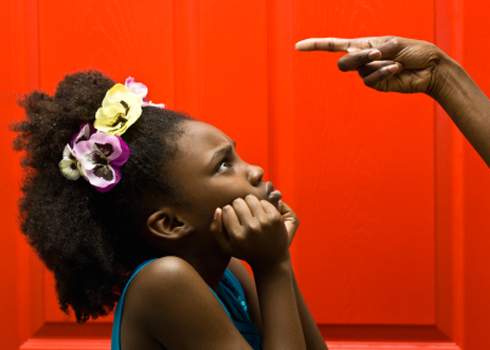“`html
Kids primarily learn by watching others. Susan Kaiser Greenland discusses how the “about to” moment can enhance awareness and kindness.
Have you ever felt a strange sensation in your body just before doing something you later regret? This might be a tightening in your chest, a rush of heat in your face, or a sinking feeling in your stomach. These sensations occur during what Western meditation teacher Joseph Goldstein refers to as the “about to” moment—the brief instant before you act or speak.
We can train ourselves to recognize when the “about to” moment arises in our lives and to notice the accompanying internal signals. By paying attention to the physical feelings associated with this moment, we can pause before we act and think about what we’re about to say or do. This also gives us a chance to ask ourselves important questions, such as:
- “What motivates my choice to act this way?”
- “How does this make me feel?”
- “Will my upcoming action or words bring me and my family closer to true happiness or take us further away from it?”
Parenting at the “About To” Moment
The “about to” moment is especially important in parenting because it’s when we determine what we teach our children through our actions. It allows us to change course if we recognize that our instinctive response to a stressful situation doesn’t align with the type of parent we aspire to be, or the kind of adults we want our children to grow up to be. Character development is a lifelong journey and happens through our repeated actions, both big and small, especially in these “about to” moments.
A study published in 2018 by several leading universities examined the impact of spanking on three-year-olds. It found that children who were spanked more than twice by their mothers in the month before the assessment were more likely to exhibit higher aggression levels at age five compared to those who were not spanked.
Even though this aligns with extensive academic research and the American Academy of Pediatrics advises against spanking entirely, the study’s findings sparked some controversy. Many parents, possibly because they continue to spank their young children, expressed their dissatisfaction in the comments on various blogs discussing the research. Reports show that over 90 percent of families admit to using spanking as a disciplinary method.
The “about to” moment when a parent considers spanking a child is a crucial time for reflection on their intentions. Spanking can be a stressful event for both the parent and the child, and it’s well-established that stressful life events can significantly affect brain development in young children.
In their book Born for Love: Why Empathy is Essential, Dr. Bruce Perry and Maia Szalavitz explain that nurturing and empathetic early childhood experiences positively influence a child’s nervous system. Conversely, stressful and harsh experiences can wire their brains differently. These “about to” moments can shape how children learn and engage with others as they grow. No parent wants their actions to hinder their children’s ability to learn and interact well with peers.
Self-Reflection, Kindness, and Role Modeling
The “about to” moment also serves as an opportunity to consider the qualities we are reinforcing within ourselves and demonstrating to our children. For instance, is reacting aggressively to behavior we disagree with a trait we wish to nurture in ourselves? Is it something we want to show our children? Will teaching them that it’s acceptable to hit others contribute to their growth or help them find happiness?
The decisions we make in these “about to” moments shape our identity and show our kids what we value. Choosing to consistently demonstrate restraint, empathy, and fairness helps both parent and child develop these traits. For instance, when kids observe us showing kindness to others, we both practice kindness and set an example for them. When they see us being patient while waiting in line or in traffic, we model patience together. Finding nonviolent ways to manage bad behavior not only models nonviolence but also allows us to practice it too.
To quote Ralph Waldo Emerson, “Character is higher than intellect.” The choices we make in those “about to” moments—decisions we repeat daily—define our character and lay the groundwork for our children to follow.
For additional insights, watch Susan Kaiser Greenland’s video, Teach your kids awareness with an apple!
“`


